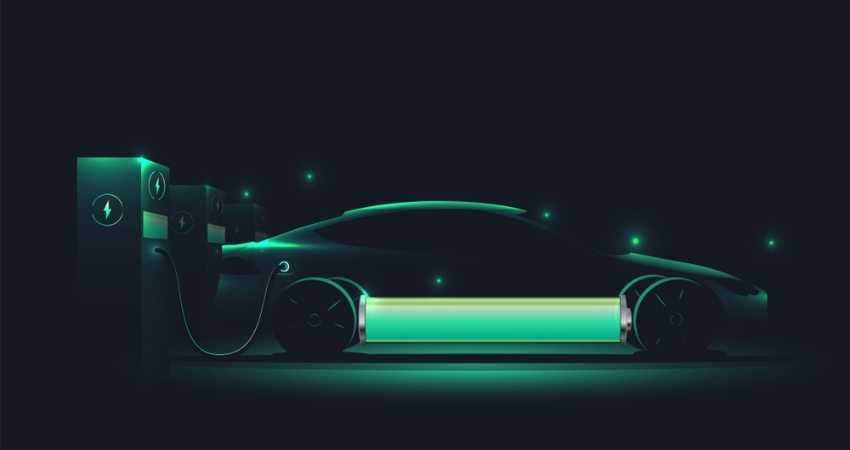Electric cars are close to their tipping point, where they will outclass conventional vehicles. However, some technological problems still lay in the way of slowing down the pace temporarily. Whether you charge your electric cars at home or at a charging station, electric vehicles are prone to charging issues.
Electric car batteries might not get charged due to battery damage or life completion. Some non-battery issues such as connector and charger problems, extreme weather conditions, bad power source, and wrong calibrations and readings may also lead to the same. The fixes are easy but might need a pro’s help.
How to Fix Electric Car Battery Not Charging: 9 Reasons
Battery-Related Problems
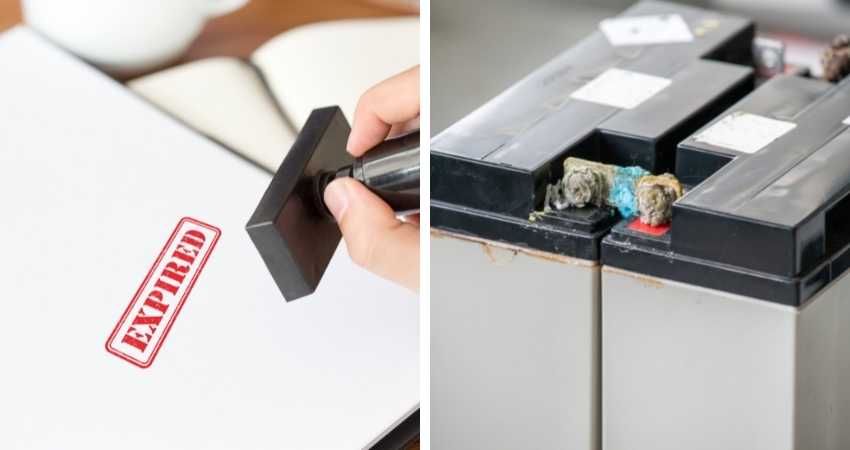
1. Expired Battery
Old power sources are not a piece of cake to handle – as batteries age, they lose their strength, and numerous problems show up, the inability to get charged being one of them.
Unfortunately, though most electric car battery manufacturers claim that their batteries can last up to two decades, none provides a warranty of more than eight years or 100,000 mileage. If your electric car hits either of these figures, the battery has gone old, and charging issues might surface.
2. Damaged Battery
Damaged batteries neither charge nor discharge, rendering the charging process useless.
Electric car batteries are, regretfully, prone to getting damaged easily. For instance, fast charging can significantly deteriorate the battery, shortening its lifespan. Similarly, cars that do not have a thermal protection system can degrade if the temperature goes below zero or above 27 degrees Celsius.
Frequent use of fast charging can decline a battery’s capacity. If you’re using a level 4 EV charger, make sure you use fast charging when needed.
Read: Can You Add More Batteries to an Electric Car?
Other Problems
3. Charging Cable Malfunctioning
A charging cable can get affected due to several reasons: if the cord is damaged, corroded, or there is any foreign body present in the connector, your electric car will not charge.

Making sure that the power is being delivered through the cable is the key – the fuse might get blown, or the breaker could trip. But if you suspect damage in the cord, unplug it from the source first, as handling it during operation can be severely dangerous.
4. Extension Cable Limitations
If you use an extension cable with your car’s charger, improper connection or bad quality may hinder the charging process. Though the problem is an easy fix, it might not be easily noticeable.
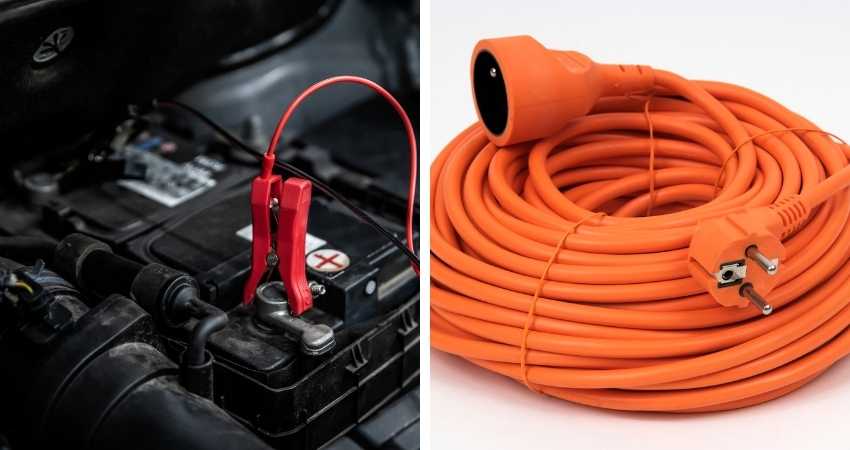
Though extension cables are widespread and people use them commonly for their convenience, it is easy to make inappropriate connections or miss on worn-out connectors. Similarly, unknowingly, people can also opt for an extension cable that cannot carry the current associated with fast charging – say, level 2 or 3. Resultantly, the cable might get damaged, disrupting the power supply.
5. Wrong Connectors
Electric cars come with a variety of charging connector types. If you insert an incompatible connector into your electric vehicle, it will not charge.
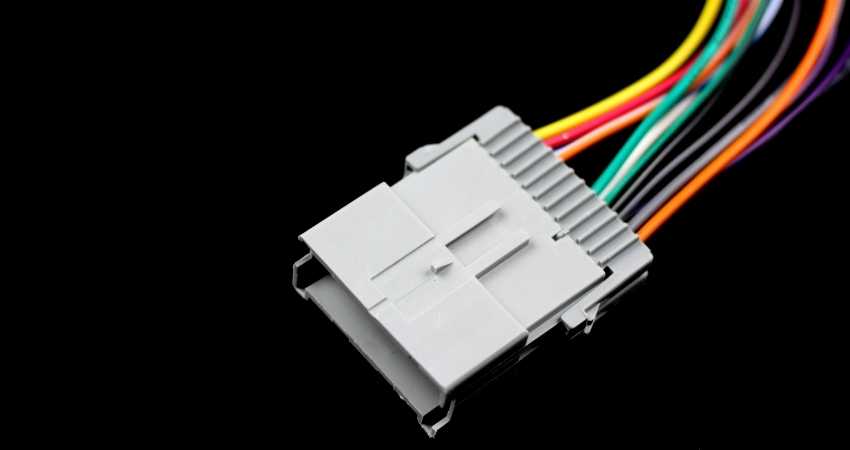
Though this problem rarely shows up for those who charge their car within their premises, going for an incompatible connector is possible if one gets a new car or shows up at a public charging station. For instance, inexperienced electric car newbies might feel content by somehow pushing the type 1 connector (5 pins) into their type 2 port (7 pins) car. But unfortunately, they will end up with zero charging.
Read: Why Do Electric Cars Produce Noise While Charging?
6. Weather Factor
Electric cars with a thermal management system either slow down the charging speed or stop the process altogether in extreme temperatures to save the battery.

When the temperature goes way too freezing or too hot, the system blocks the power as it might hamper the charge on lithium-ion batteries, saving precious battery life. It is advisable that charge your car indoors when such weather events occur.
7. Faulty Charging Station
Broken charging stations are quite a problem, with many in the US not working. If you plug your electric car into such charging platforms, do not expect to get the desired results.
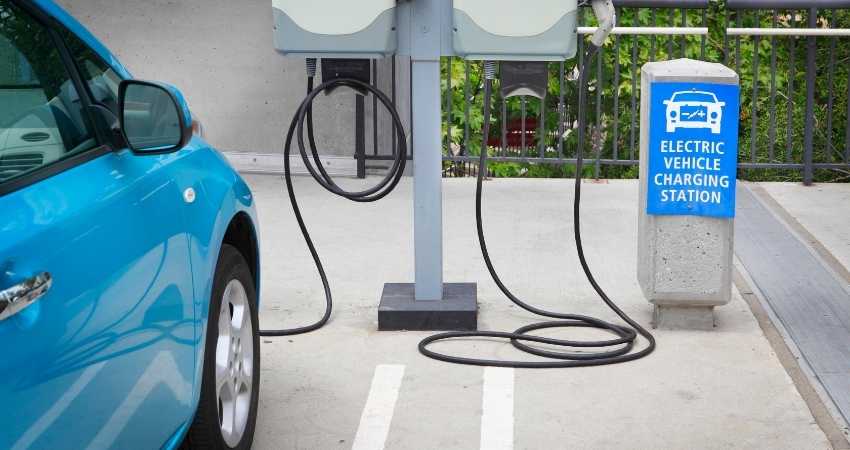
It is easy to run into such charging stations (about a quarter of public EV charging stations in the San Francisco Bay Area do not work!) If you happen to be at such a place and see that your electric car is not charging, run the diagnostics in your car’s software. If your vehicle is all right, find another station nearby or notify the authorities.
8. Ignoring the Battery Level
Some electric cars are equipped to automatically cut off the power supply when the charging level hits 80 percent to save the battery. If your car has a charging level near the said figure and you charge it anyway, the process will be interrupted.

Besides cars, fast charging stations are also equipped with a system to cut the power supply as soon as the battery is 80 percent full. It happens to preserve the battery life; however, it may give an inexperienced electric car owner a false perception that their charging system is malfunctioning.
9. Charger Timer Confusion
Some electric car chargers come with timers that automatically disrupt the current flow, avoiding overcharging. Though it is vital for prolonging the battery lifespan, timers can confuse an inexperienced user as s/he might not be sure if the vehicle is charging.
If you charge your electric car at night, have a battery management system.
How to Fix Electric Car Battery Not Charging?
Solving the problems discussed above is how you fix your electric car that does not charge – provided these are ‘the’ problems. Nonetheless, the issues can sometimes be so complicated that they require a professional’s hand. But mostly, the matter may get settled if you take a few quick-fix steps:
- Check the Charger: Make sure that the charger is connected properly at both ends. Try unplugging and reinserting if you are confused about the charger’s state, but whenever you insert, ensure that it stays firm in the socket.
- Check the Power Source: The power source should be able to throw volts equivalent to the level of your car’s charger. You can check it by using various multimeters that can detect high voltages. If the socket fails to do the job, get it fixed. If you are using a public charging station, go for another one.
- Look at the Wires: The circuitry should be in tip-top condition. Keep some handy tools in your electric car to check anytime if that is the case. For instance, you should be able to spot some visible shots in the wires and check their complete connectivity. If your car battery does not charge, checking the wires is a must.
- Delay the Timer: As discussed, the timer will not let an electric car charge until some time has passed. Either calibrate it to get the desired result or eliminate it entirely.
- Keep the Software Updated: Getting the software in the best ensures that the charging process remains calm and smooth, though it is not the main culprit. For the sake of your mind’s relaxation, do it regularly.
- Change the Battery: You have read it right – if you have checked everything and even your pro recommends a new battery, it is time to spend on your electric car. The fact that bad and old batteries are the main culprit commonly when it comes to no charging enhances the possibility too much. However, it is a sure and reliable fix that will not need your investment in the next two decades.
Electric Car Battery Not Charging: Final Words
An electric car battery can fail to charge for several reasons associated with the battery itself and the charging system. In some cases, bad weather or the inability to gauge the correct battery levels can also lead to the same. However, the fixes are not a tough job if the problem is not complex. Otherwise, it is recommended to contact a pro.

